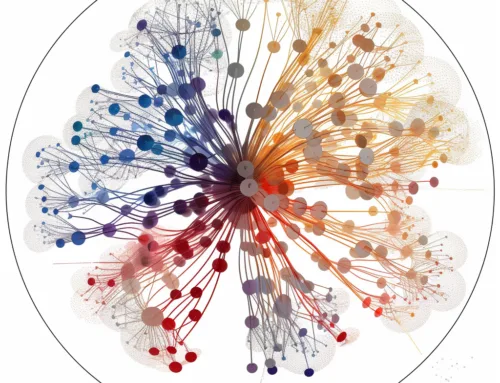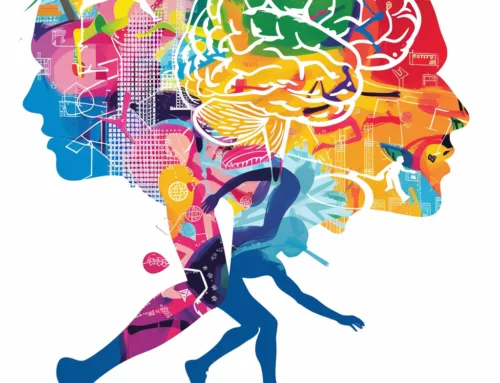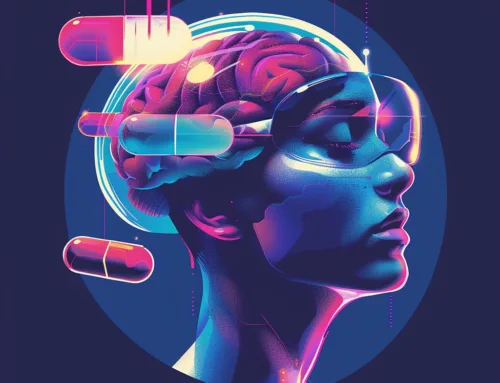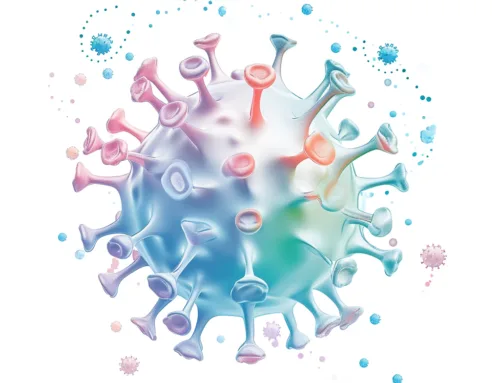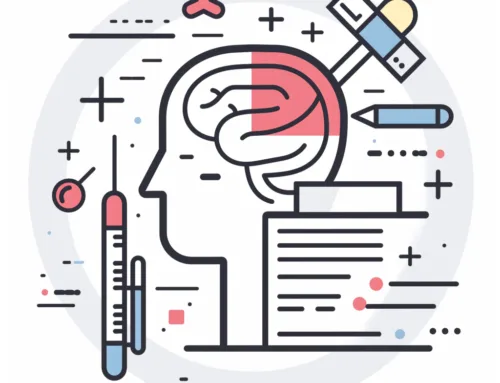Psychology, the fascinating exploration of the human mind and behavior, is constantly evolving. As technology advances and new questions emerge, groundbreaking trends are reshaping our understanding of ourselves and the world around us.
1. The Microbiome-Mind Connection: Groundbreaking Trends in Psychology
The trillions of microbes living in our gut – the microbiome – are no longer just considered digestive helpers. Research is revealing a profound link between gut health and mental well-being. Studies suggest that imbalances in the microbiome can contribute to anxiety, depression, and even neurodegenerative diseases. This understanding is paving the way for novel therapeutic approaches, such as probiotic supplementation and fecal transplants, aimed at balancing the gut microbiome to improve mental health.
2. Brain-Computer Interfaces (BCIs): Imagine controlling a computer or even prosthetics with just your thoughts. BCIs are making this a reality, allowing us to directly interact with technology through brain signals. This has immense potential for individuals with disabilities, enabling them to regain lost function and communicate more effectively. Beyond that, BCIs could revolutionize education, gaming, and even artistic expression, blurring the lines between human and machine.
3. Artificial Intelligence (AI) in Mental Health: AI is no longer just science fiction. It’s being harnessed to develop powerful tools for mental health assessment, diagnosis, and treatment. AI-powered chatbots can provide 24/7 emotional support and cognitive behavioral therapy, reaching individuals who might not otherwise access care. Machine learning algorithms can analyze vast amounts of data to identify patterns in behavior and predict mental health risks, enabling early intervention and preventive measures.
4. Embodied Cognition: For too long, the mind and body have been treated as separate entities. Embodied cognition challenges this, emphasizing the crucial role of the body in shaping our thoughts and experiences. This perspective is leading to exciting new approaches to therapy, such as dance therapy and movement-based interventions, that recognize the power of physical movement to heal the mind.
5. Mindfulness and Meditation: The ancient practices of mindfulness and meditation are finding their way into mainstream psychology. Numerous studies have shown their effectiveness in reducing stress, anxiety, and depression, and improving focus and well-being. Mindfulness interventions are being integrated into schools, workplaces, and even healthcare settings, offering a powerful tool for individuals to cultivate inner peace and resilience in a demanding world.
6. Positive Psychology: While traditional psychology has often focused on pathology, positive psychology flips the script. It explores the factors that contribute to happiness, fulfillment, and resilience. By understanding what makes us thrive, positive psychology can inform interventions that promote individual and societal well-being. This includes fostering gratitude, optimism, and strong social connections, which are all essential for a flourishing life.
7. Cultural Humility in Psychology: Recognizing and respecting cultural differences is crucial in providing effective mental health care. Cultural humility encourages psychologists to move beyond their own cultural biases and assumptions to understand the unique experiences and perspectives of their clients. This is particularly important in a world increasingly characterized by diversity and global interconnectedness.
8. Open Science and Replication: For too long, psychology has been plagued by issues of replicability and bias. The open science movement is working to change that by promoting transparency and data sharing in research. By making research methods and data freely available, open science allows for greater collaboration and scrutiny, ultimately strengthening the reliability and generalizability of psychological findings.
9. The Future of Work and Mental Health: The changing nature of work, with automation and the rise of the gig economy, presents new challenges for mental health. Psychologists are investigating the impact of these trends on job security, stress levels, and work-life balance. This research can inform policies and interventions that promote mental well-being in the evolving workplace.
At BrainHealth Solutions, we’re at the forefront of understanding the evolving landscape of Mental Health. We closely follow the latest groundbreaking trends and discoveries, ensuring our approach to brain health remains informed by the most promising advancements. From delving into the mind-body connection through embodied cognition to embracing the power of technology in mental health assessment and support, we’re dedicated to fostering a future where brain health thrives.
In our Costa Mesa practice, we translate these trends into personalized, evidence-based interventions that empower individuals to cultivate resilience, enhance well-being, and reach their full potential.
Contact us today for a free consultation
Phone: 949-776-5103 or
Email: [email protected]



